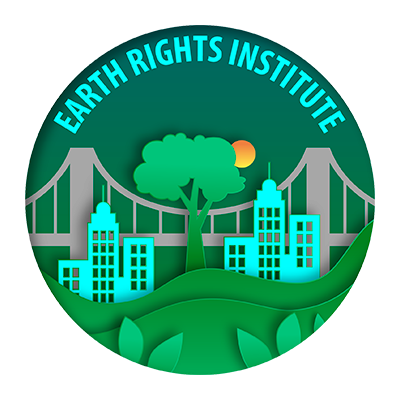About ERI
About Earth Rights Institute
Earth Rights Institute (ERI) was founded in 2001 and is an international non-profit organization that has pioneered innovative models for building ecologically, economically, and culturally sustainable communities. By blending education, advocacy, and research, ERI created a collaborative platform where local communities, scholars, and development professionals worked together to address urgent global challenges such as poverty, land rights, and environmental degradation. Former UN NGO collaborating with many UN departments and other international agencies.
Among its key past initiatives, ERI developed the ERI Living Labs—immersive educational programs that provided hands-on experience in sustainable development. These labs, including the groundbreaking 2010 ERI-UCLA collaboration in Africa, facilitated cross-cultural exchange between villagers, students, researchers, and experts. Participants engaged deeply with regional realities while learning about participatory democracy, social and economic justice, and environmental protection.
ERI also launched the online course “Become a Leader in Sustainable Development,” which empowered individuals across the globe to engage with community-based approaches to sustainability and development.
In addition, ERI co-organized the ARCC (Africa Roundtable for Climate Change) Conference, bringing together African and international leaders, grassroots activists, academics, and youth to collaborate on climate solutions tailored to local contexts. The ARCC Conference highlighted ERI’s commitment to platforming diverse voices and promoting African-led climate leadership.
Though these programs have concluded, they remain foundational to ERI’s legacy of innovation, collaboration, and impact in the global movement for sustainable development.
Our Philosophy
Sustainable development is rooted in the imperative to significantly reduce poverty and hunger while enhancing the development opportunities for future generations. It offers a framework for cultivating communities that are healthy, resilient, and inclusive—where every individual can enjoy a high quality of life now and into the future.
At its core, sustainable development encourages a deep sense of place, nurtures community vitality, and inspires individuals to become responsible stewards of the environment. It also fosters peaceful and cooperative relationships that extend beyond local boundaries.
In a truly sustainable community, resource consumption is carefully balanced with the ecosystem’s ability to regenerate. This requires a conscious, collective commitment to innovative practices that ensure natural resources are not depleted faster than they can be renewed.
